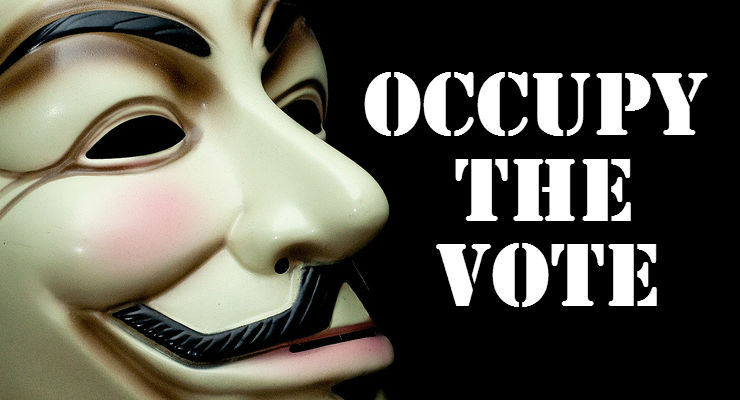
Recently, in a Cup O’ Coffee post, I linked to this article on “moral” conservatism. In that post I noted that, while the article presents some interesting data on the Republican Primary, it never actually defines what “moral” conservatism is. This may seem like a trivial point, however as a social psychologist I think it deserves some more attention for at least two reasons. The first deals specifically with the importance of operationally defining terms employed in research. The second focuses more broadly on the role of morality in politics.
In his article Michael Tesler implies that “moral” conservatives “oppose gay marriage and think abortion should be illegal in all circumstances.” He does not however, offer this as a formal definition of “moral” conservatism. I will not challenge the notion that individuals who oppose gay marriage and think abortion should be illegal in all circumstances are likely to be socially conservative.
I simply would like to see a formal definition offered, like this: in the current study, moral conservatism is defined as a belief that gay marriage and abortion should be illegal under all circumstances. Furthermore, an explanation of why these two issues, and only these two issues, were chosen as indicators of “moral” conservatism would be beneficial. For instance, when determining which individuals were “moral” conservatives, why were attitudes towards drug policies or stem-cell research not also included?
More broadly, I simply want to ask when conservatism, or any other ideology for that matter, is not moral? In my view, based on my research, politics is essentially a collective discussion about what the proper goals of a society should be and how we should go about achieving these goals. I emphasize should both times in that sentence because the term is often employed to convey a point about right and wrong.
In other words, politics is largely a discussion about morality and most, if not all, of our political attitudes and beliefs are a reflection of our underlying moral intuitions. Over the past decade this perspective has received increased support in the field of social psychology (for a good introduction to Moral Foundations Theory, one of the major perspectives on the link between morality and politics in social psychology, check out moralfoundations.org). When analyzing politics from this perspective I think it is helpful to keep in mind the idea of essentially contested concepts – debates that do have an objectively right or wrong answer.
The issue of fairness, for example, qualifies as an essentially contested concept. Think about it for a second, what is fairness? I am very confident that the second you thought about it was more than enough time to come up with an answer. However, we are not all going to reach the same answer. Some of us may see fairness through the lens of egalitarianism while others consider fairness in terms of equity and proportionality.
An individual who adopts an egalitarian lens is more likely to be concerned about economic inequality compared to an individual who considers fairness in terms of equity and proportionality. Likewise, the latter individual is more likely to be concerned about tax burdens and tax rates. While many of us certainly hold strong beliefs, that we may not even be able to explain, about what is fair there is no objective way to resolve which view is correct. They simply constitute different interpretations of an essentially contested concept.
Leave a Reply